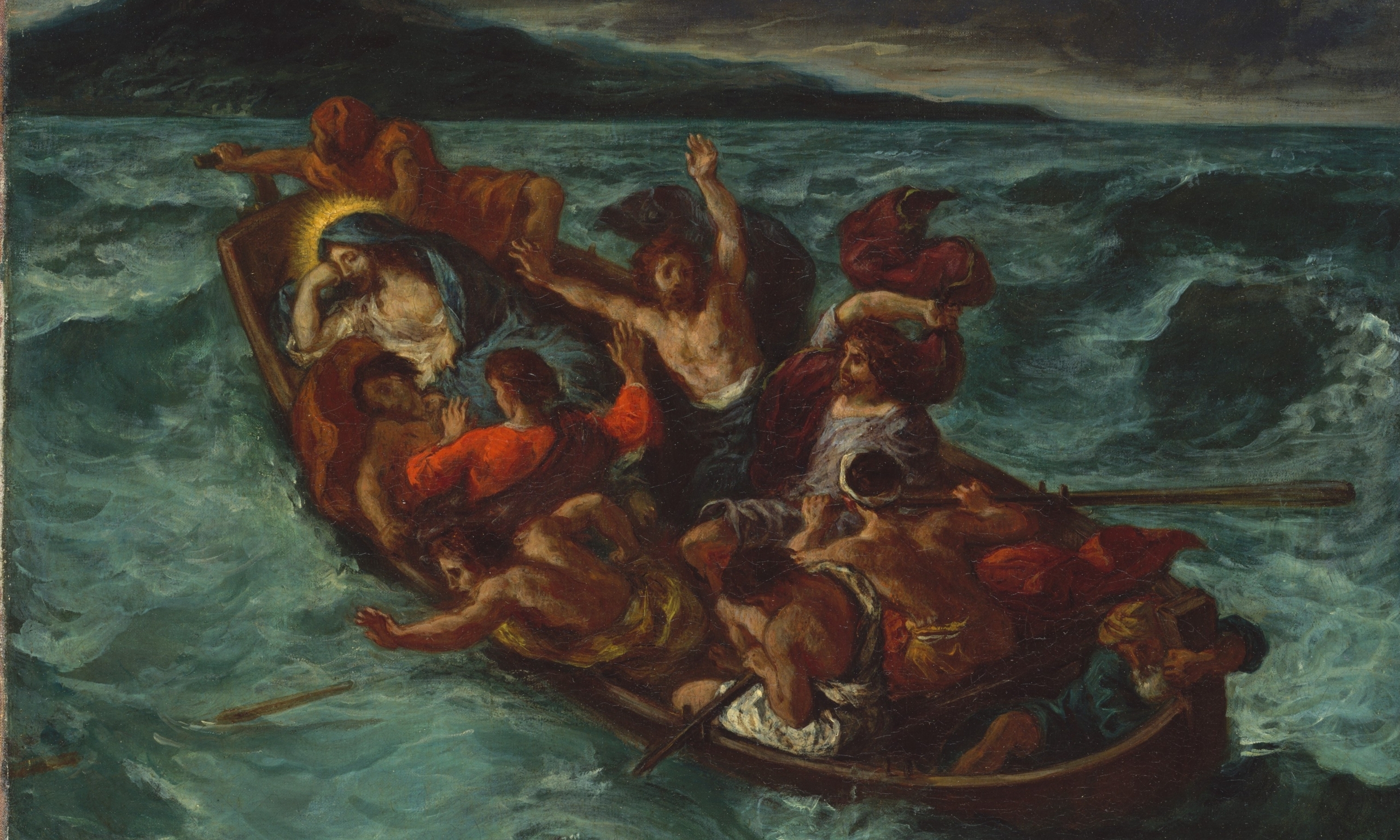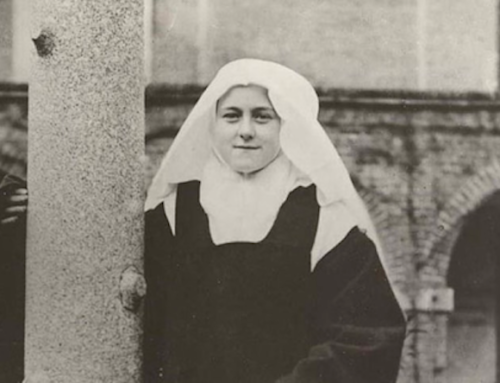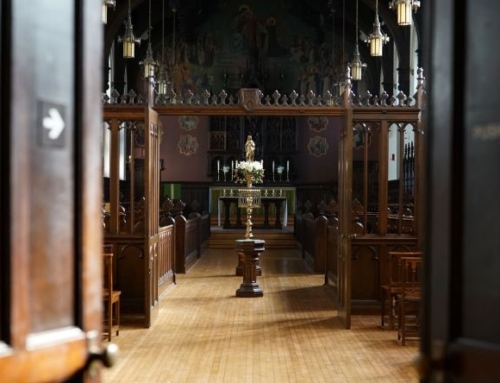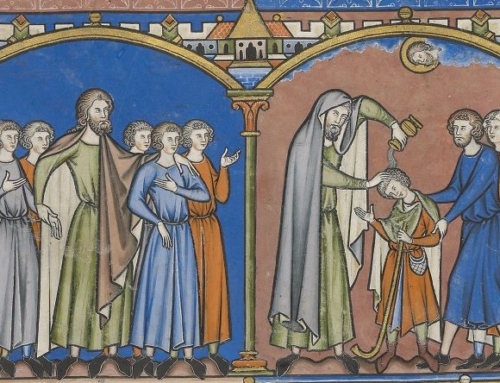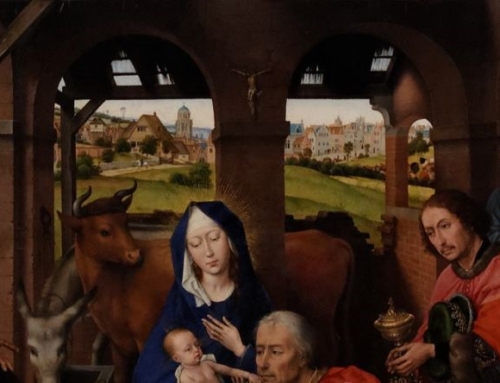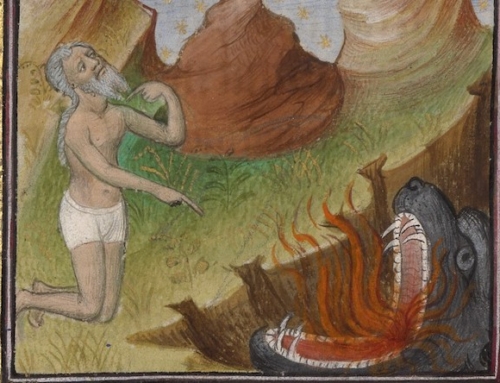Lightning strikes and thunder claps. Frail wood sinks into heaving waves, and Jesus Christ sleeps on a pillow. The calming of the storm at sea (cf. Mt 8:23–27; Mk 4:35–41; Lk 8:22–25) portrays a silent Christ seemingly indifferent toward and aloof from his disciples’ safety. This biblical scene may move us to question his providential designs, especially today: Why, Lord, do you sleep?
Saint Cyril of Alexandria, the Doctor of the Church who weathered the storm at the Council of Ephesus, can help us here. In Sermo 43, the Church Father preaches that Christ slept so that the storm would be good and profitable for his disciples:
[Christ slept so] that they might not ask aid of Him immediately when the tempest began to dash upon the ship, but when, so to speak, the evil was at its height, and the terrors of death were troubling the disciples; that so the might of His godlike sovereignty might be more manifest, in calming the raging sea, and rebuking the savage blasts of the wind, and changing the tempest to a calm, and that the event might thus become a means of improvement to them that were sailing with Him, He purposely fell asleep.
The seasoned fishermen of Galilee had experience navigating squalls. So, they naturally stored away their Rabbi in the stern—the place sailors stow what is needed . . . at the journey’s end. But only when “the evil was at its height” did they learn the meaning of “without me you can do nothing” (Jn 15:5).
Manly shouts turned to humble bleating. Their “smallness of faith united with [true] faith,” says Cyril, “for they believed that He could save, and deliver from all evil those who call upon Him.” Hearing the manifold cries of their little faith—“Save me, [lest] we perish”—Christ rose and showed Himself to be the one who “rules the raging sea; and stills its swelling waves” (Ps 89:10). In acting, Jesus manifested His divinity, quieted their fear, and calmed the tempest that battered their boat and faith. He, according to Cyril, “wrought in them a calm, smoothing the waves of their weak faith.”
In another verse, Cyril provides an additional reason for Christ’s naval siesta:
And so he sleeps, leaving them in fear, in which their senses would be sharpened to perceive the significance of what was to come. For one does not see things occurring in the same way in other bodies as the things in one’s own body.
The trial of the Cross allows us to experience in our own flesh what Christ Himself has suffered on our behalf. We truly participate in his suffering and learn what he endured for our salvation. The perplexing separation we experience today with our Eucharistic Lord may seem like He is asleep in the stern of the Church, and the tumult of our pandemic may mirror the apostles’ tempest. Yet, in their situation and our own, we can also see grace at work. As easily as he transformed the evil of the storm, Christ can transform the evil of this pandemic into something good and profitable for us.
With patient endurance this Lent, we can trust that the “one who sleeps not nor slumbers” (Ps 121:4) will rise to soothe our bleating. Tossed about on the waves, we can bring to Our Lord the smallness of our faith, so that He might unite it to true faith in the Cross. The peace of Christ comes to us in contemplation of His Word, strengthening our faith and helping us to say along with Scripture:
Your providence, O Father! guides . . . for you have furnished even in the sea a road, and through the waves a steady path, Showing that you can save from any danger, so that even one without skill may embark. But you will that the products of your Wisdom be not idle; therefore people trust their lives even to most frail wood, and were safe crossing the waves on a raft. (Wis 14:3–5)
✠
Image: Eugène Delacroix, Christ Endormi pendant la Tempête

